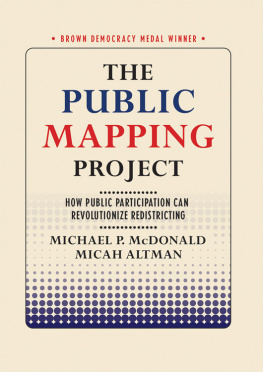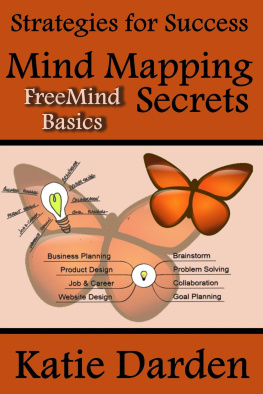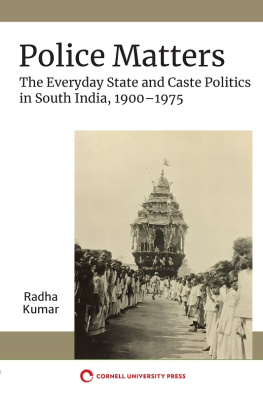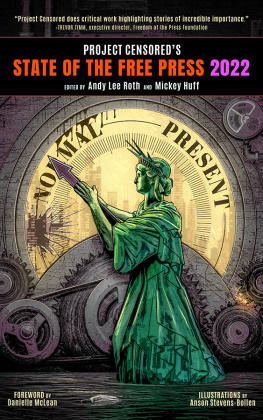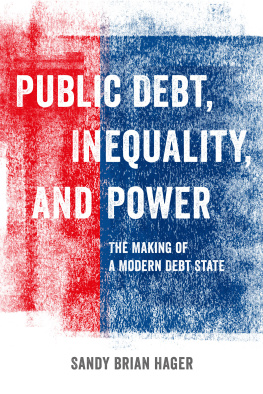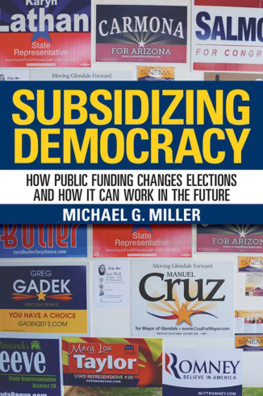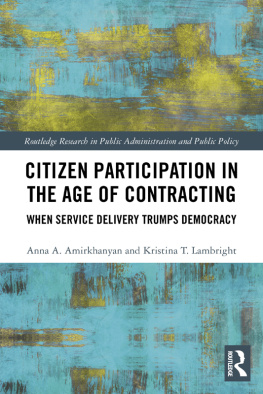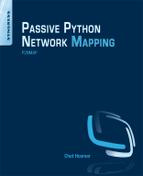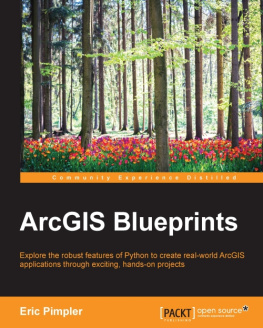McCourtney Institute for Democracy
The Pennsylvania State Universitys McCourtney Institute for Democracy (http://democracyinstitute.la.psu.edu) was founded in 2012 as an interdisciplinary center for research, teaching, and outreach on democracy. The institute coordinates innovative programs and projects in collaboration with the Center for American Political Responsiveness and the Center for Democratic Deliberation.
Laurence and Lynne Brown Democracy Medal
The Laurence and Lynne Brown Democracy Medal recognizes outstanding individuals, groups, and organizations that produce exception innovations to further democracy in the United States or around the world. In even-numbered years, the medal spotlights practical innovations, such as new institutions, laws, technologies, or movements that advance the cause of democracy. Awards given in odd-numbered years highlight advances in democratic theory that enrich philosophical conceptions of democracy or empirical models of democratic behavior, institutions, or systems.
THE PUBLIC MAPPING PROJECT
HOW PUBLIC PARTICIPATION CAN REVOLUTIONIZE REDISTRICTING
MICHAEL P. MCDONALD
AND MICAH ALTMAN
CORNELL SELECTS
An imprint of
CORNELL UNIVERSITY PRESS
Ithaca and London
Contents
Acknowledgments
T he Public Mapping Project builds upon the conviction that an engaged public can create better governance by being active participants in public policy making. Our focus is redistricting , the periodic redrawing of district boundaries to achieve better representationor at least thats the idea. Seemingly arcane requirements demand analyses of large amounts of data manipulated by tricky software applications. A steep technological learning curve serves politicians interests, since it shuts the public out of the process, allowing those in power to draw districts that meet their goals, with little public oversight. We wish to lower these technological barriers and foster greater public participation and transparency whenever states and cities draw their legislative boundaries.
Many people share our vision and helped make it a reality. Public mapping cannot exist without the public, so foremost, we would like to thank the hundreds, if not thousands, of people who have drawn their own maps using our District Builder software or similar applications. Their creativity helped reveal how to build better districts. We are also grateful to the many teachers and professors who brought public mapping into their classrooms and volunteered their time to help their students learn and participate in this vital democratic process.
We could not have done our work without generous support from donors. Larry Hansen at the Joyce Foundation was an early supporter of redistricting reform action, and we remember him with deep fondness. Daniel Goroff at the Sloan Foundation has been instrumental in providing support for DistrictBuilders development. Other organizations that have contributed support include the William Penn Foundation, the Judy Ford Wason Center for Public Policy at Christopher Newport University, and Amazon Corporation. Robert Cheetham and the crew at Azavea Corporation took the lead in developing our software. It would not exist without their extensiveand sometimes even pro bonoefforts.
Much of our work in educating the public on redistricting arose from a collaboration with the Brennan Center for Justice at New York University. Justin Levitt, now at Loyola Law School, authored the A Citizens Guide to Redistricting and maintains the All About Redistricting website. Other Brennan Center collaborators include Kesha Gaskins, Michael Li, Myna Perez, and Wendy Weiser.
Thomas Mann arranged for us to become Visiting Fellows at the Brookings Institution, and he and Norm Ornstein at the American Enterprise Institute served as co-chairs of our advisory board. Other advisory board members who graciously donated their time include Mike Fortner, Republican Illinois State Representative (95th District); Carling Dinker, staff member to Democratic U.S. Representative John Tanner (TN-8); Mary Wilson, past president of the League of Women Voters; Derek Cressman, then the western regional director of state operations, Common Cause; Gerry Hebert, executive director and director of litigation of the Campaign Legal Center; Nancy Bekavac, director of Scientists and Engineers for America; Leah Rush, executive director of the Midwest Democracy Network; Anthony Fairfax, president of Census Channel; Karin Mac Donald, director of the California Statewide Database at the Institute for Government Studies, University of California, Berkeley; and Kim Brace, president of Elections Data Services.
Leah Rush deserves special mention. She helped us coordinate with Midwest Democracy Networks members as we promoted public mapping education and opportunities in Illinois, Indiana, Michigan, Minnesota, Ohio, and Wisconsin. We wish we could name all the members of the MDN who assisted us in this effort, and we would especially like to thank Catherine Turcer with Ohio Common Cause; Cynthia Canary with Illinois Campaign for Political Reform; Mike Dean with Minnesota Common Cause; and Jocelyn Bensen at Wayne State University. We had help in other states, too. Quentin Kidd at Christopher Newport University helped us launch the first Virginia redistricting competition. Costas Panagopoulos hosted a New York student competition while he was at Fordham University. Mark Salling at Cleveland State University assisted us with Ohios redistricting database. Our Mexico collaborators Alejandro Trelles at Brandeis University and Eric Magar at Instituto Tecnolgico Autnomo de Mxico arranged productive exchanges with the Mexican government and helped us launch DistrictBuilder there.
Michael McDonald served as lead author, authored early versions of the manuscript and was responsible for redrafting the manuscript in its current form; Micah Altman and Michael McDonald co-led in the conception of the work, including the core ideas, analytical framework, and statement of research questions. All authors contributed to research and analysis and to the writing process through direct writing, critical review, and commentary.
Our mentors cultivated our interest in redistricting. Gary King brought us together by hiring us as his research associates at Harvard University. We are deeply indebted to other scholars: Bruce Cain at Stanford University; Gary Cox at Stanford University; Bernard Grofman at University of California, Irvine; Morgan Kousser at California Institute of Technology; David Lublin at American University, Arthur Lupia at the University of Michigan; Daniel Smith at the University of Florida; Kenneth McCue at California Institute of Technology; and Brian Amos, a recent University of Florida PhD graduate. Weve had productive relationships with a number of others, too, including Jeff Reichart, producer of the documentary Gerrymandering ; Peter Wattson, former general counsel for the Minnesota Senate; John Guthrie, staff director at the Committee on Reapportionment Florida Senate; Jim Wisely, a California political consultant; Wendy Underhill and Tim Storey at the National Conference of State Legislatures; Douglas Johnson at National Demographics Corporation; and Tom Bonior at TargetSmart.
We extend our gratitude to everyone who has been part of this journey.
Introduction
I n 2013, Minneapolis voters elected Abdi Warsame and Alondra Cano to their city council. Both were historic candidates. Warsame defeated an incumbent to become the first Somali to be elected to the city council; indeed, at the time, he became the highest elected official of Somali descent in the United States. And as the first Mexican American elected to that office, Canos election was a breakthrough, too. These remarkable individuals were aided, in part, by an arcane process known as redistricting, which fashioned voting districts that offered Somali and Mexican-American communities the opportunity to elect a candidate of their choice. The manner by which these districts were drawn by the public directly, meeting a complex set of conditions serves as a blueprint for how the public can be engaged in redistricting to serve the representational needs of communities, rather than the self-serving interests of politicians.

